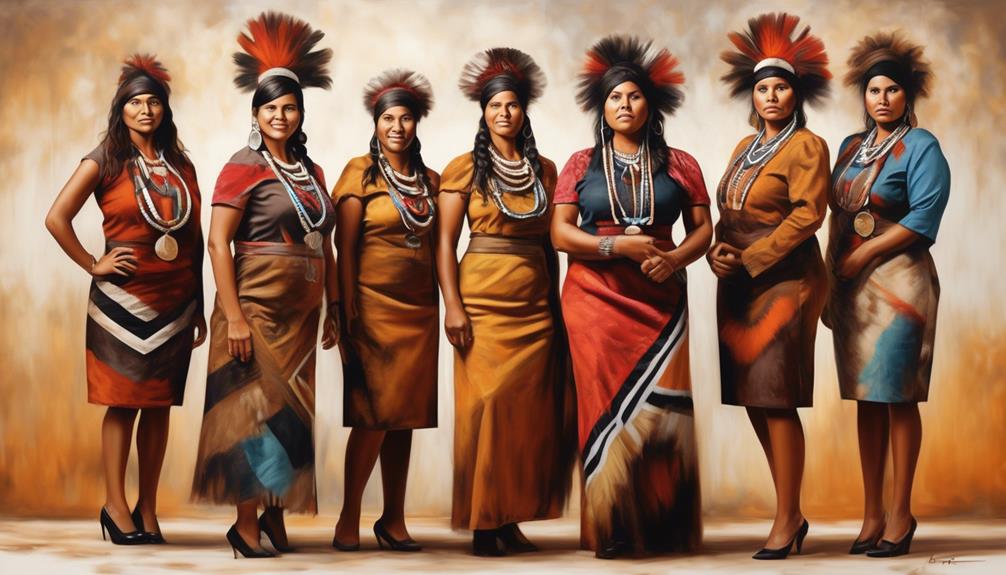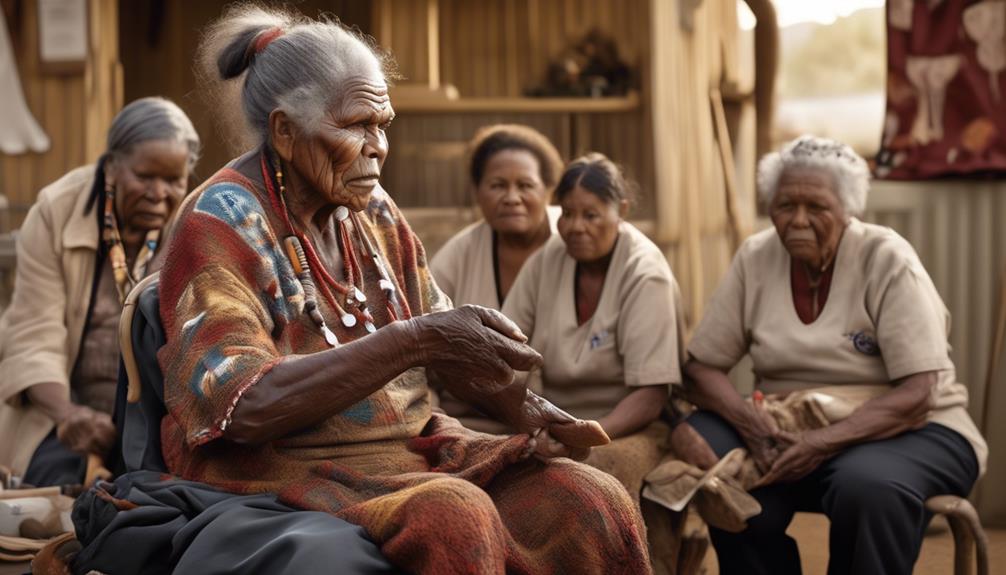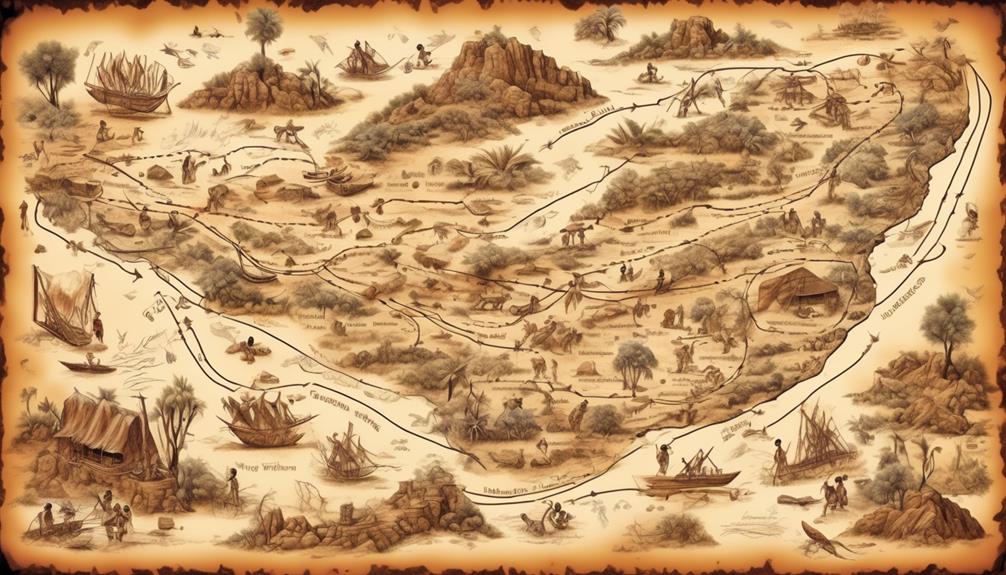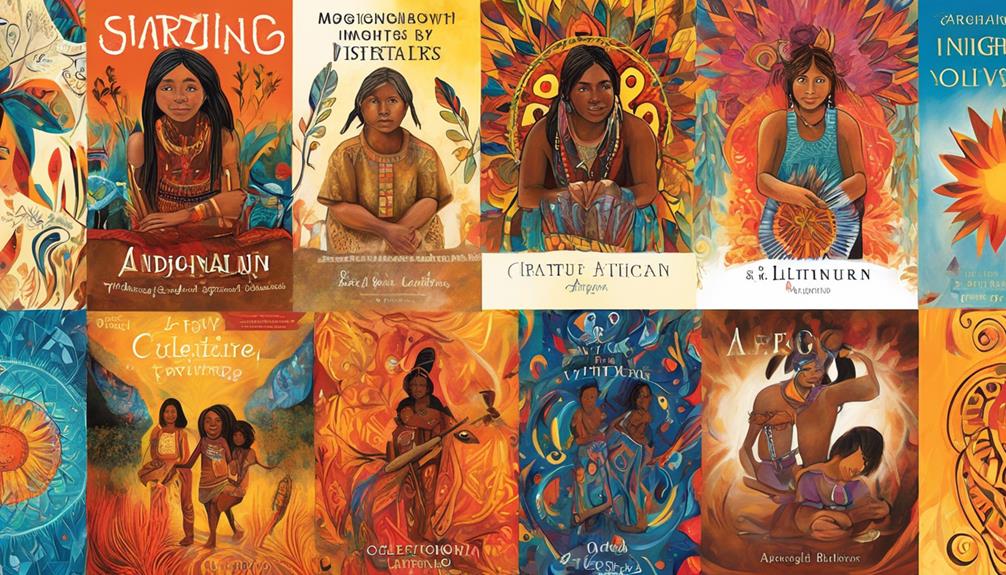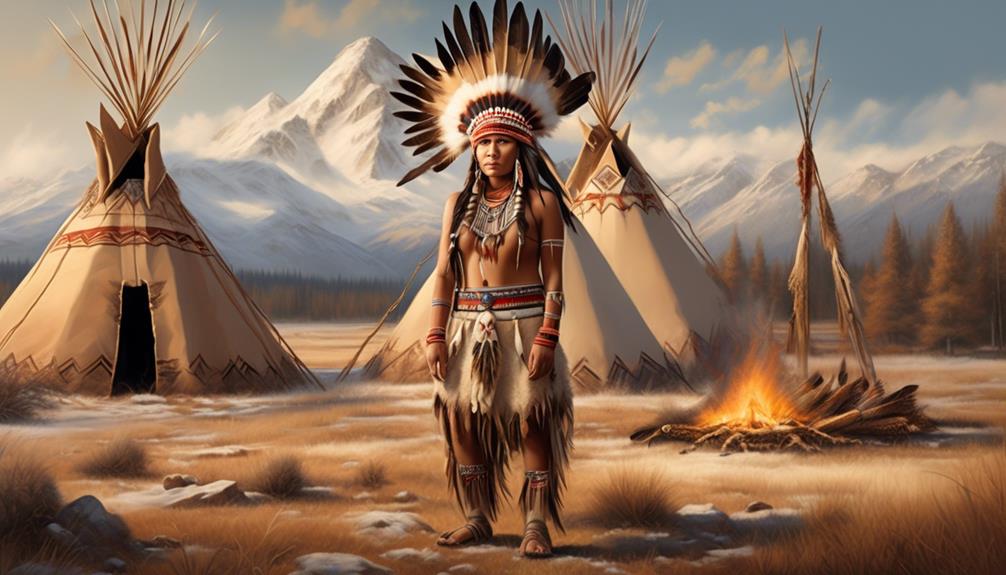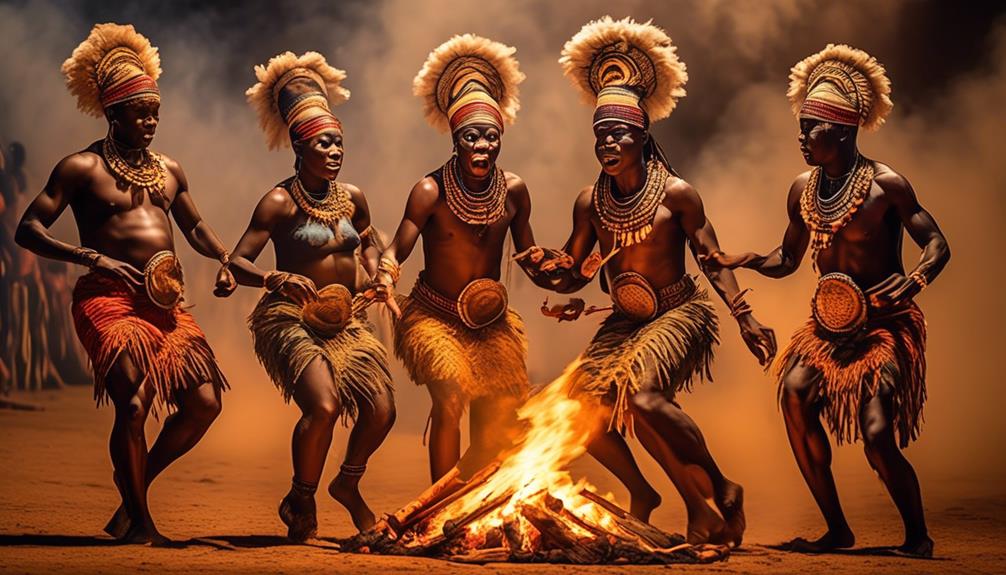Did you know that according to data from the U.S. Census Bureau, there are over 5 million people in the United States who identify as American Indian or Alaska Native?
The terminology used to refer to indigenous peoples has long been a topic of debate, and the distinction between 'Native' and 'Indian' holds significant historical and cultural connotations.
Understanding the impact of these terms on indigenous communities is crucial, and exploring the best practices for using respectful terminology is essential for fostering understanding and mutual respect.
Key Takeaways
- The terminology debate between 'Native' and 'Indian' reflects the power dynamics and feelings of marginalization within indigenous communities, highlighting the importance of choosing appropriate terminology that reflects cultural sensitivity and respect.
- The use of the term 'Indian' perpetuates a Eurocentric view and marginalizes indigenous cultures, contributing to the loss of traditional knowledge, languages, and customs, as well as the disruption of social structures within indigenous communities.
- Embracing the preferred terminology of 'Native' emphasizes the deep connection to ancestral lands and traditional ways of life, fostering inclusivity and respect for the rich and diverse cultures of indigenous peoples.
- Understanding the historical context and cultural connotations of the terminology is crucial in order to combat stereotypes and misinformation, support indigenous-led initiatives, and promote the well-being and identity of indigenous communities.
Historical Context
In understanding the historical context of the terms 'Native' and 'Indian,' it's important to consider the impact of colonialism and the resulting cultural and linguistic exchanges. The effects of colonization on indigenous communities were profound, leading to the imposition of new languages, religions, and social structures. This had a lasting impact on the identities and perceptions of indigenous peoples, shaping the usage and connotations of terms like 'Native' and 'Indian'.
The term 'Indian' itself is a misnomer, stemming from Christopher Columbus' mistaken belief that he'd reached the Indian subcontinent.
Decolonization efforts have sought to address the lasting effects of colonization, including the reclamation of indigenous languages, cultural traditions, and self-governance. This movement aims to challenge and dismantle the enduring power dynamics that have marginalized indigenous communities and perpetuated harmful stereotypes.
Cultural Connotations
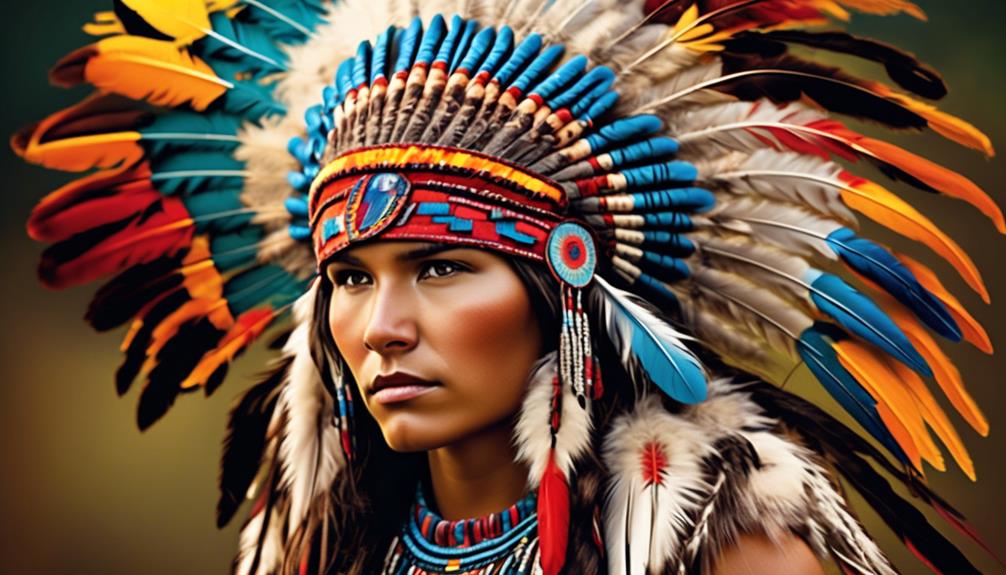
Considering the historical context, the term 'Native' carries cultural connotations that emphasize the deep connection of indigenous peoples to their ancestral lands and traditional ways of life. It's essential to approach this terminology with cultural sensitivity, understanding the significance it holds for indigenous communities.
When discussing cultural connotations, language usage becomes crucial in reflecting respect and understanding. The term 'Native' acknowledges the rich and diverse cultures of indigenous peoples, rooted in their long-standing presence on the land. It signals an understanding of the deep historical and spiritual connection to their territories and the natural world.
Embracing this term demonstrates a commitment to recognizing and honoring the unique cultural identities of indigenous communities. Additionally, it's important to be mindful of the historical context and the impact of language usage on the representation of indigenous peoples.
Terminology Debate
When engaging in the terminology debate between 'Native' and 'Indian', consider the perspectives and preferences of indigenous communities to ensure respectful and accurate language usage. Ethical considerations and linguistic implications play a crucial role in this debate.
It's essential to understand the historical context and the impact of colonization on the terminologies used for indigenous peoples. Here are some key points to consider:
- The power dynamics at play in the terminology debate can evoke feelings of marginalization and erasure within indigenous communities.
- Choosing the appropriate terminology reflects your commitment to political correctness and cultural sensitivity.
- Recognizing the diverse and distinct identities within indigenous communities is important for respectful language usage.
- The terminology used can influence public perceptions and attitudes towards indigenous peoples and their cultures.
- Embracing the preferred terminology of indigenous communities can foster a sense of inclusivity and respect.
As you engage in discussions about the terminology debate, remember that linguistic choices have real-world implications for indigenous peoples. Your thoughtful consideration of these factors demonstrates your commitment to ethical and respectful language usage.
Impact on Indigenous Communities
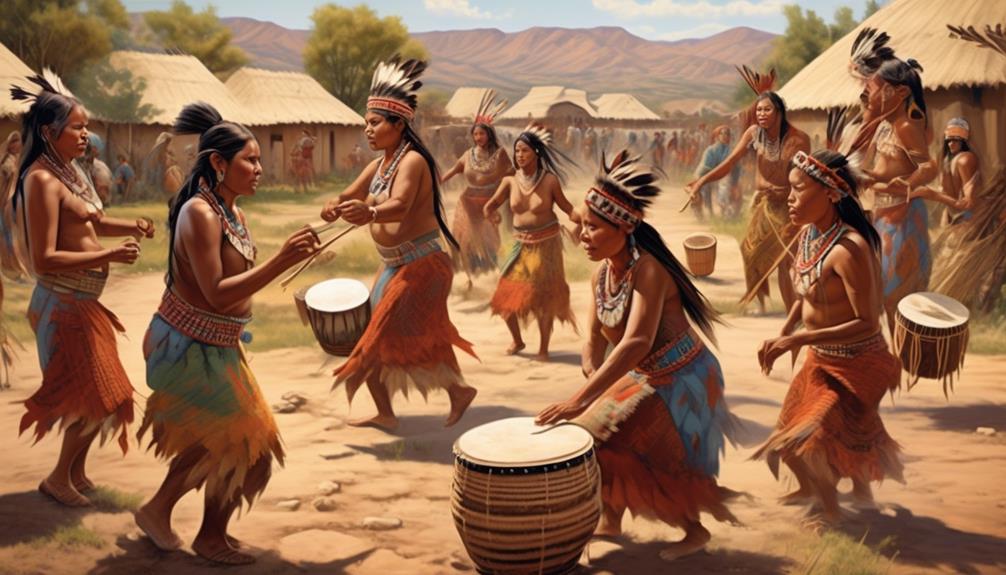
The terminology debate surrounding 'Native' vs 'Indian' has significant implications for the well-being and identity of indigenous communities. The impact of historical colonization effects on indigenous communities can't be understated. The use of the term 'Indian' has its roots in the colonial era when European explorers mistakenly thought they'd reached the Indian subcontinent. This misnomer has had lasting effects on the cultural preservation and self-identity of indigenous peoples. The terminology not only reflects a historical inaccuracy but also perpetuates a Eurocentric view that has contributed to the marginalization and erasure of indigenous cultures.
The effects of colonization have led to the loss of traditional knowledge, languages, and customs, and have resulted in the disruption of indigenous communities' social structures. Furthermore, the use of derogatory terms such as 'Indian' has perpetuated negative stereotypes and furthered the stigmatization of indigenous peoples. Recognizing and respecting the preferred terminologies and the accurate portrayal of indigenous communities is crucial for promoting cultural preservation and fostering a sense of pride and identity among indigenous peoples.
Best Practices and Respect
To foster mutual understanding and respect, prioritize using the preferred terminology of indigenous communities and actively engage in cultural sensitivity training. Respecting traditions and embracing cultural sensitivity are essential for building positive relationships with indigenous communities. Here are some best practices to consider:
- Acknowledge the diversity within indigenous communities: Recognize and celebrate the unique traditions, languages, and customs of each indigenous group.
- Listen and learn from indigenous voices: Take the time to understand the perspectives and experiences of indigenous peoples, and amplify their voices in meaningful ways.
- Support indigenous-led initiatives: Empower indigenous communities by supporting their self-determination and autonomy in cultural preservation and revitalization efforts.
- Respect sacred sites and symbols: Show reverence for sacred places, objects, and symbols that hold deep spiritual significance for indigenous peoples.
- Combat stereotypes and misinformation: Challenge misconceptions and stereotypes by promoting accurate and respectful representations of indigenous cultures and histories.
Frequently Asked Questions
How Does the Portrayal of Native Americans in Popular Media Impact Their Representation in Society?
The portrayal of Native Americans in popular media significantly influences their representation in society. It impacts education by perpetuating stereotypes and misinformation.
Additionally, cultural appropriation in fashion further distorts and disrespects Native American traditions.
The media's portrayal can lead to a lack of understanding and misrepresentation, hindering accurate and respectful depictions of Native American culture in society.
It's crucial to address these issues and strive for more authentic and respectful representation.
What Are Some Common Misconceptions About Native American Culture and History?
You'll be amazed by the sheer number of common misconceptions about Native American culture and history. Misunderstood history, cultural stereotypes, and media representation have all contributed to these misconceptions.
Government impact has also played a significant role. However, community partnerships and advocacy support are working to change the narrative.
It's an uphill battle, but progress is being made to accurately represent and honor Native American culture and history.
How Have Government Policies and Actions Affected the Lives of Native American Communities?
Government policies have significantly impacted the lives of Native American communities. Through historical actions like forced relocation and assimilation efforts, the social impact on Native American representation and cultural influence has been profound.
These policies have resulted in ongoing challenges for Native communities, including limited access to resources and economic opportunities. Understanding the lasting effects of these government actions is crucial for comprehending the complexities of Native American experiences.
What Are Some Examples of Successful Partnerships and Collaborations Between Indigenous Communities and Non-Indigenous Organizations?
You might be surprised to know that successful partnerships between indigenous and non-indigenous organizations are thriving.
Indigenous communities and non-indigenous organizations have joined forces to create collaborations that benefit all involved.
These partnerships have led to innovative solutions, increased cultural understanding, and improved living conditions.
How Can Individuals Support and Advocate for the Rights of Indigenous Peoples in Their Own Communities?
Supporting initiatives for indigenous peoples involves actively engaging with their communities, promoting cultural awareness, and advocating for their rights.
By participating in community events, educating yourself and others about indigenous cultures, and supporting indigenous-owned businesses, you can make a meaningful impact.
Engaging in advocacy efforts, such as supporting policy changes and speaking up against injustices, is also crucial.
Your involvement in these actions can help create positive change in your community.
Conclusion
So, next time you're discussing indigenous communities, remember that words hold power. Just like a delicate dance between sunlight and shadows, the terminology you choose can either uplift or cast a dark shadow on native communities.
Be mindful of the impact of your words, and strive to use terminology that respects and honors their rich and diverse cultures. It's like planting seeds of understanding and respect, nurturing a garden of unity and harmony.
Mary is a passionate writer who brings creativity and a fresh perspective to our team. Her words have the power to captivate and inspire, making her an essential contributor to our content. Mary’s commitment to storytelling and dedication to promoting Indigenous culture ensures that her work touches the hearts of our readers. We’re fortunate to have her as part of our team.

